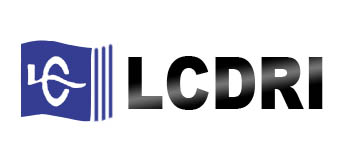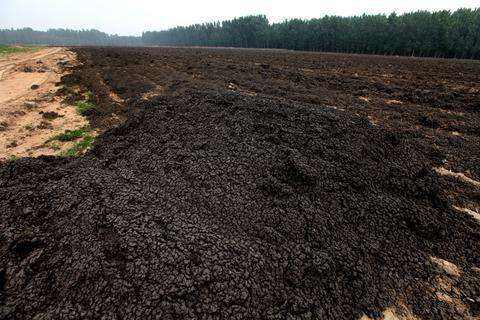In recent years, sludge dewatering technology has been greatly developed, and technological breakthroughs have focused on the development of conditioning agents before sludge dewatering and the improvement of dewatering machinery and equipment. At present, using sludge chemical conditioning + mechanical dewatering technology, sludge conditioning agent is added to the wet sludge raw mud to destroy the microbial structure of the sludge floc and lyse, and the physical binding water is separated to make the microorganism’s water Separation, eventually converting most of the combined water in the sludge into free water, and then separating the free state water by mechanical dewatering equipment. The sludge dewatering technology has been applied in large scale in the sludge treatment of the tannery sewage treatment plant. The sludge moisture content after treatment can be less than 50%. In order to meet the requirements of sludge subsequent treatment and disposal, it is necessary to further reduce the conventional mechanical dewatered sludge. Moisture content.
The quenching and tempering treatment of sludge is the key link and core technology for deep dewatering of sludge. It can be said that sludge conditioning technology determines the success or failure of sludge deep dewatering project. There are many methods for quenching and tempering domestic sludge. It is common to add dehydrating agent, flocculant or coagulant to the sludge to change the existence and structure of water molecules (mainly interstitial water and capillary water) in the sludge. Conducive to the separation of water and mud under certain conditions. Commonly used conditioning agents are ferric chloride (or ferric sulfate, polymeric ferric sulfate) plus quicklime.
The sludge deep dewatering equipment is mainly a high pressure diaphragm plate frame filter press. By applying pressure from the outside of the sludge, the moisture in the quenched and tempered sludge is leached and separated to obtain a mud cake having a high solid content. There are many domestic equipment manufacturers, and the equipment manufacturing process and quality have been increasingly improved.
Advantages of sludge deep dewatering technology:
The reduction effect is good, the energy consumption is low, the floor space is small, the construction period is short, and the processing time is short.
Disadvantages of sludge deep dewatering technology:
Ferric chloride is highly corrosive, and quicklime is easy to scale. As a result, the high-pressure diaphragm frame filter press has high operation and maintenance costs, stable and insufficient sterilization, slightly odor, and the organic matter content in the sludge is not reduced.



